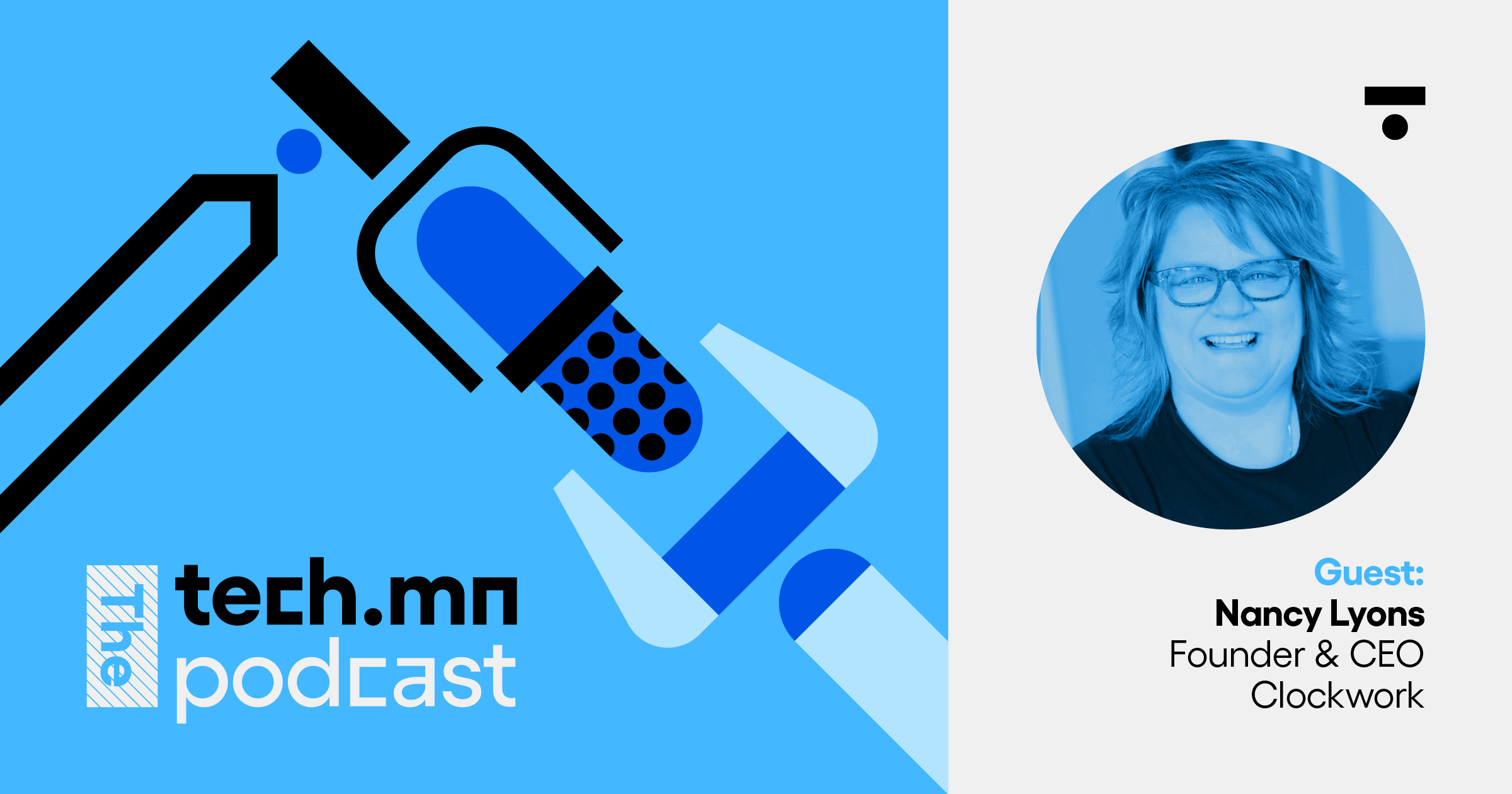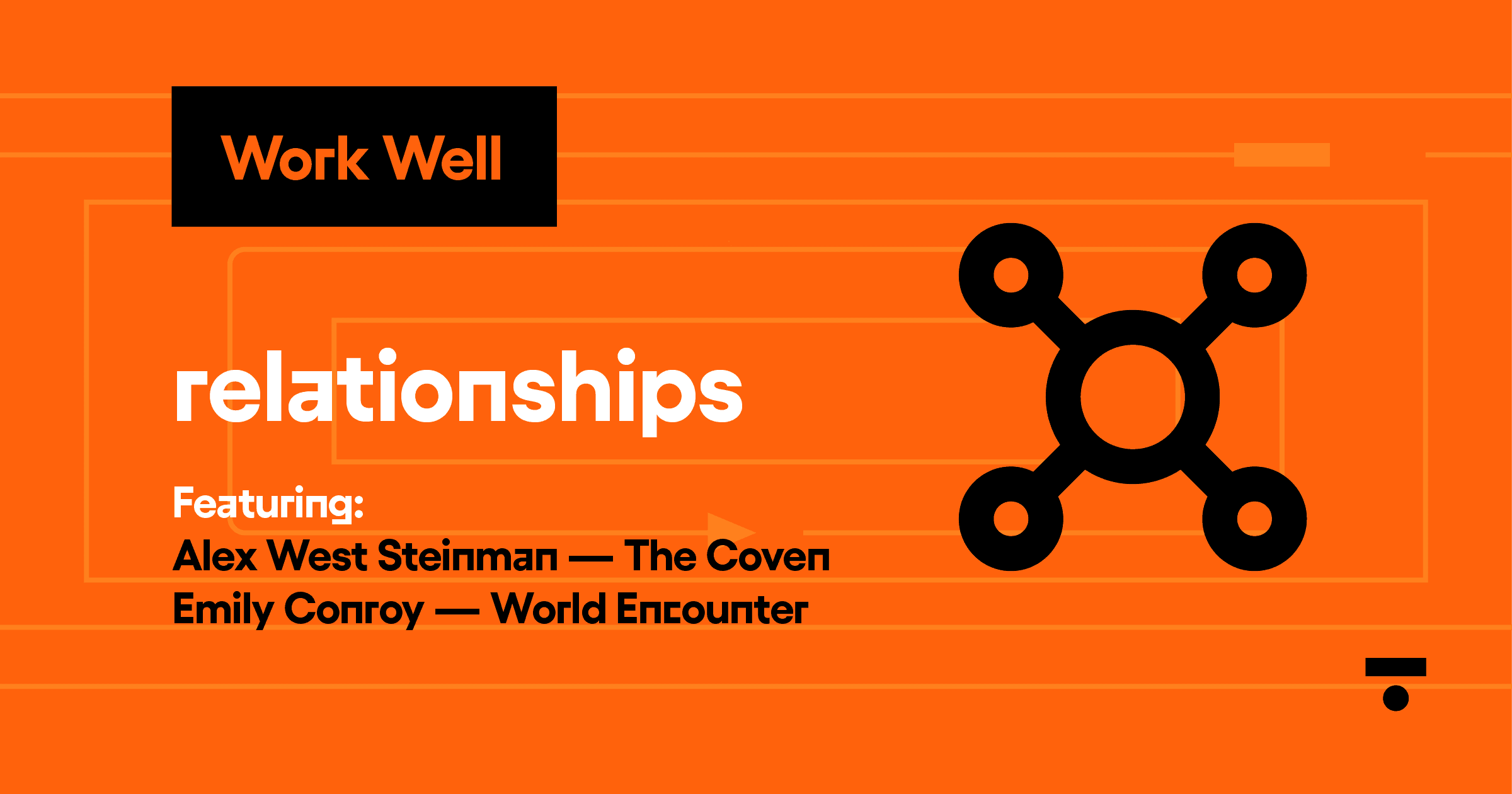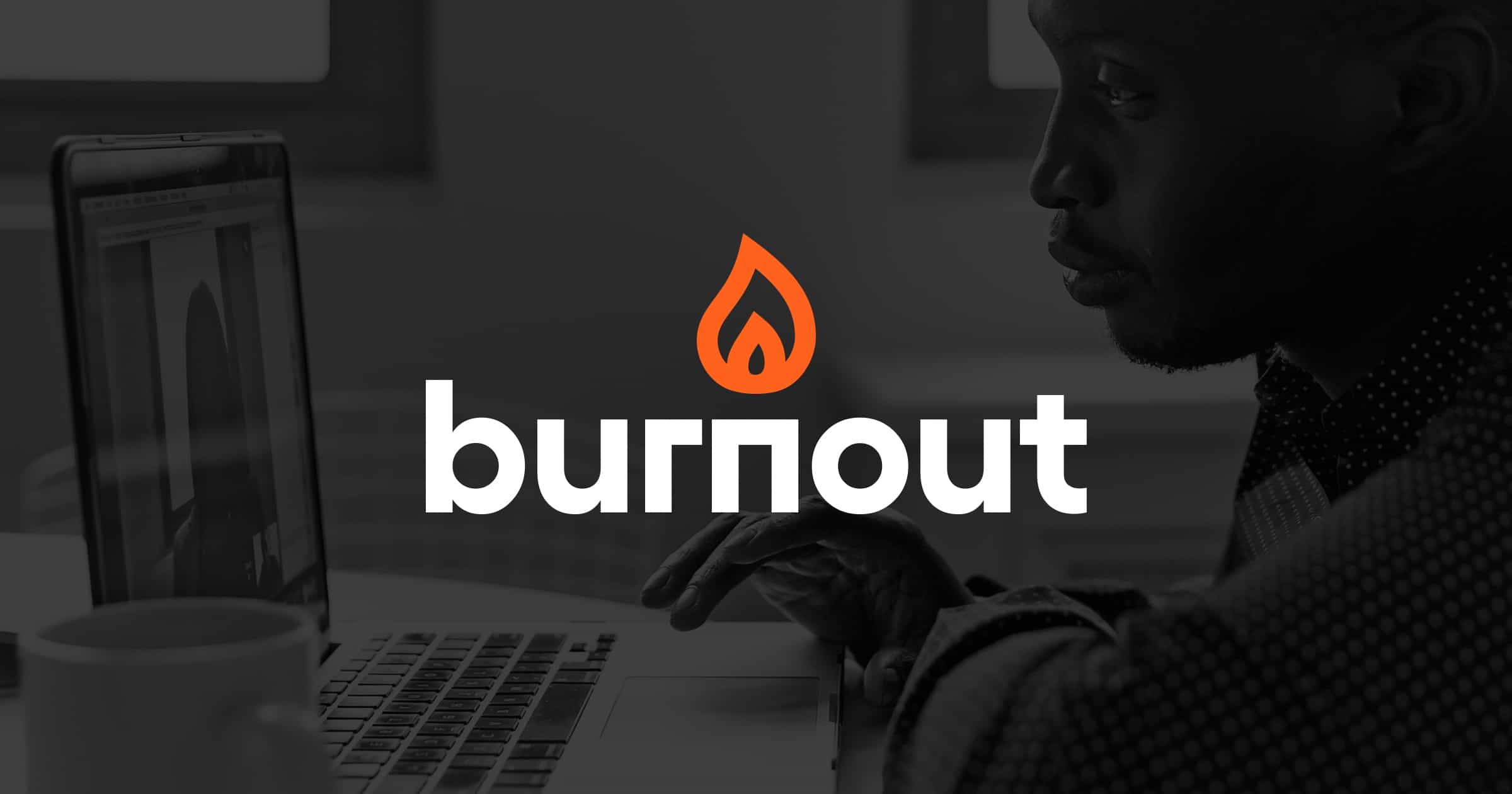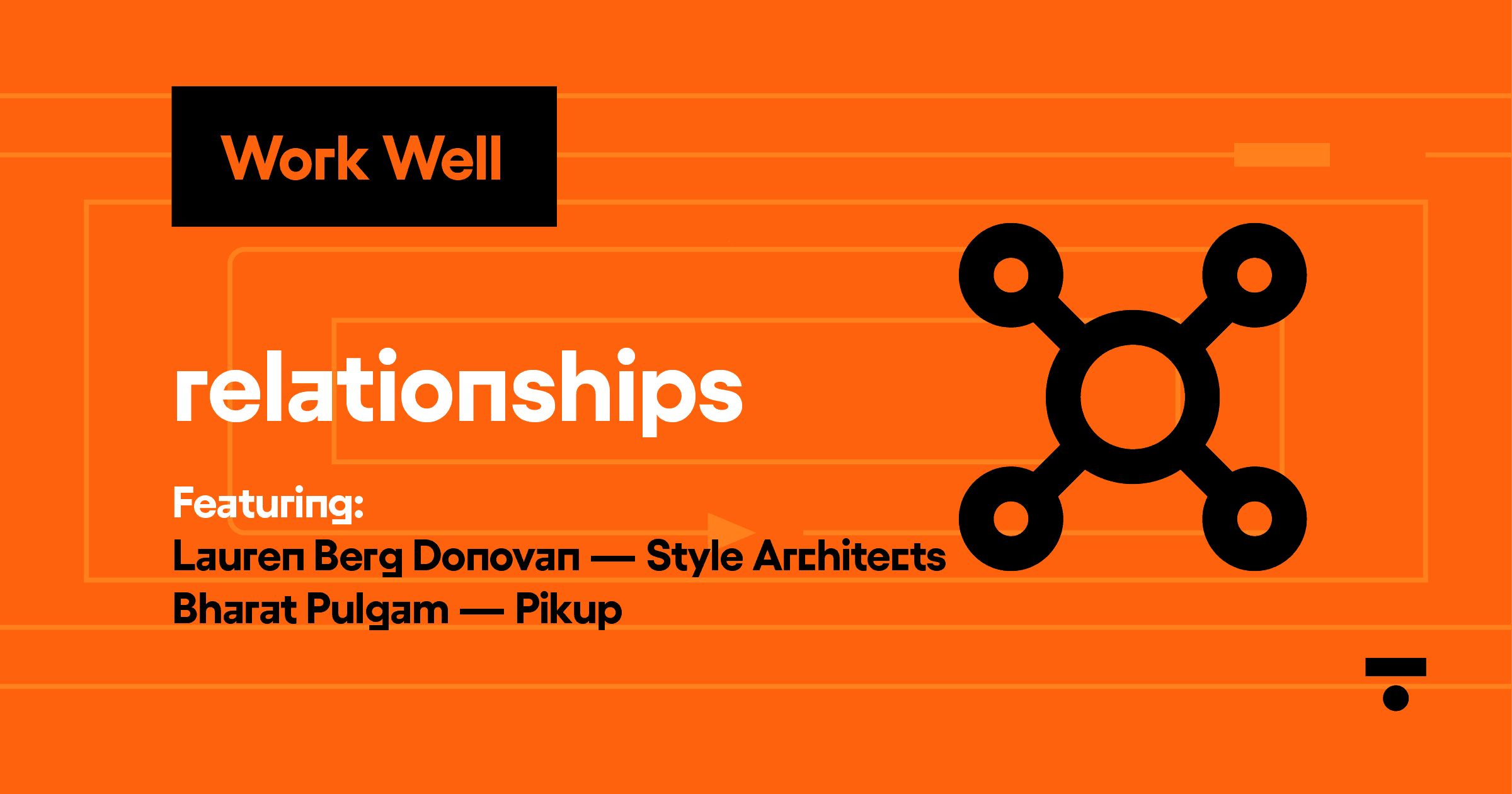There’s a lot that’s changed since our world went virtual-first — work, family and friend hangouts, conferences…
From a professional angle, one of the biggest changes has been networking — how are people staying in touch and making new career-advancing connections when everything is through a computer screen?
We talked to a few founders about their experiences with virtual networking and compiled a list of a few groups and applications that have helped keep people in touch. Here’s how the startup sphere is keeping their virtual networking game on point.
Groups and Applications
Icebreaker
This platform allows companies to create online events that build community. Used by the current Techstars Farm to Fork Accelerator classes according to Entrepreneur in Residence Stephanie Rich (of Bread & Butter Ventures), it helps people in a group get to know one another with guided conversation games.
Kinetic
Formerly Klink, this local networking platform provides connection with professionals from both local and national companies.
Lunchclub
Used by local founders like Sean Higgins from BetterYou, Lunchclub provides smart introductions with curated one-on-one professional connections. You just sign up, provide some background, and get the opportunity to be matched with weekly one-on-one video meetings.
Slack
Primarily a communication platform for businesses, Slack is also used for networking groups and founder communities. Kristen Womack of Mina Families mentions local groups Hack the Gap, Twilio Champions, and For the Horde that she’s a part of.
Twin Cities Collective
Run by Jenna Redfield, this community of creatives and businesses aims to connect people and educate them on the latest in marketing through a Facebook group, blog, virtual events and workshops, and more.
How Founders Have Been Exploring Virtual Networking
Philip Xiao — Homi

Philip Xiao
Founded just over five years ago, Homi is a mobile video career platform that aims to connect startups solving the world’s most exciting problems with underrepresented and undervalued talent.
As someone who built an entire company around a new kind of networking, founder and CEO Philip Xiao thinks that classic networking as one might picture it —getting coffees, going to a conference —is left over from an older generation. The goal of Homi is to help people within communities build more meaningful relationships.
“[It’s more] getting to know someone, hearing their story, learning their culture rather than ‘What can I get from you’ or ‘How can you help me,’” he said.
From the current virtual standpoint, Xiao thinks making connections can be even better than before. Homi is rolling out a new feature on their app in which alumni can make videos containing valuable career knowledge and share it with hundreds – maybe even thousands – of student jobseekers.
“Instead of one-to-one mentorship, it’s one to many,” he said.
Virtual conversations tend to come naturally for generations that grew up with instant messaging and smartphones. Once people understand how to really maneuver the world of virtually connecting with people, Xiao thinks it will open up a wide range of networking possibilities.
During an introduction of a seminar Xiao participated in, he received 10-15 direct messages on Zoom mentioning things he and the connectors had in common (such as his alma mater, Carleton College) all within one hour.
“This wouldn’t have happened during [an in-person] conference where everyone is just sitting and listening to a speaker,” he said.
Now, instead of seeking new connections, Xiao focusing more on the people he’s met already.
“I can lean into those networks and talk to all these people via Zoom — I love it,” he said.
Maxie Ouyang — Happy Charting

Maxie Ouyeng
As someone who lives and works in New Zealand with connections around the world, Maxie Ouyang is used to the virtual world.
“Being a digital entrepreneur for the last seven years, it’s been pretty normal for me to always have virtual meetings to catch up,” Ouyang said. “It’s a pretty normal existence for me.”
Happy Charting is a SaaS practice management software for acupuncturists and alternative health providers in the United States. Ouyang said she mostly uses Zoom to connect with people — most of her friends are overseas in Canada, the UK, Australia, etc. — but also utilizes Slack and founder groups to stay in the loop.
One such group includes Kristen Womack of Mina Families, and they try to meet weekly or every other week.
“It’s really great, we go through different stages and focuses,” Ouyang said of the group that met on Elpha, a platform for women in tech. Right now, she and Womack are both trying to raise, and another founder in the group has already gone through this process, so she can provide feedback and resources.
“It’s just really wonderful to talk with people about the struggles and wins in our companies that we all understand,” Ouyang said.
Natasha Gaffer — Forever Ware
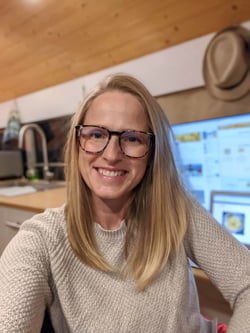
Natasha Gaffer
Natasha Gaffer realized her passion for sustainability and environmentalism after years at Target and a 14-country world trip and started Forever Ware in January. The company aims to accelerate the transition to reusable food packaging in restaurants and grocery stores.
Now that everything is virtual, Gaffer has found that networking is easier for her introversion.
“Introverted individuals like to pre-plan and have control of the situation,” she said. “And with virtual networking, I do.”
Gaffer has also been using the networking feature on the online events platform Hopin. Users can pop into virtual rooms with people they’ve never met and connect for just two minutes.
“There’s no strings attached,” she said. “If you like someone, then you connect with them later.”
Another reason why Gaffer believes in networking — of any type — so much? Her career in tech was launched by an interaction in a furniture store. After that experience, she’ll never underestimate the power of networking.
“I constantly tell people, you don’t think networking works, but it does,” Gaffer said of the happenstance connection that led her into website development. “It changed my whole life.”


